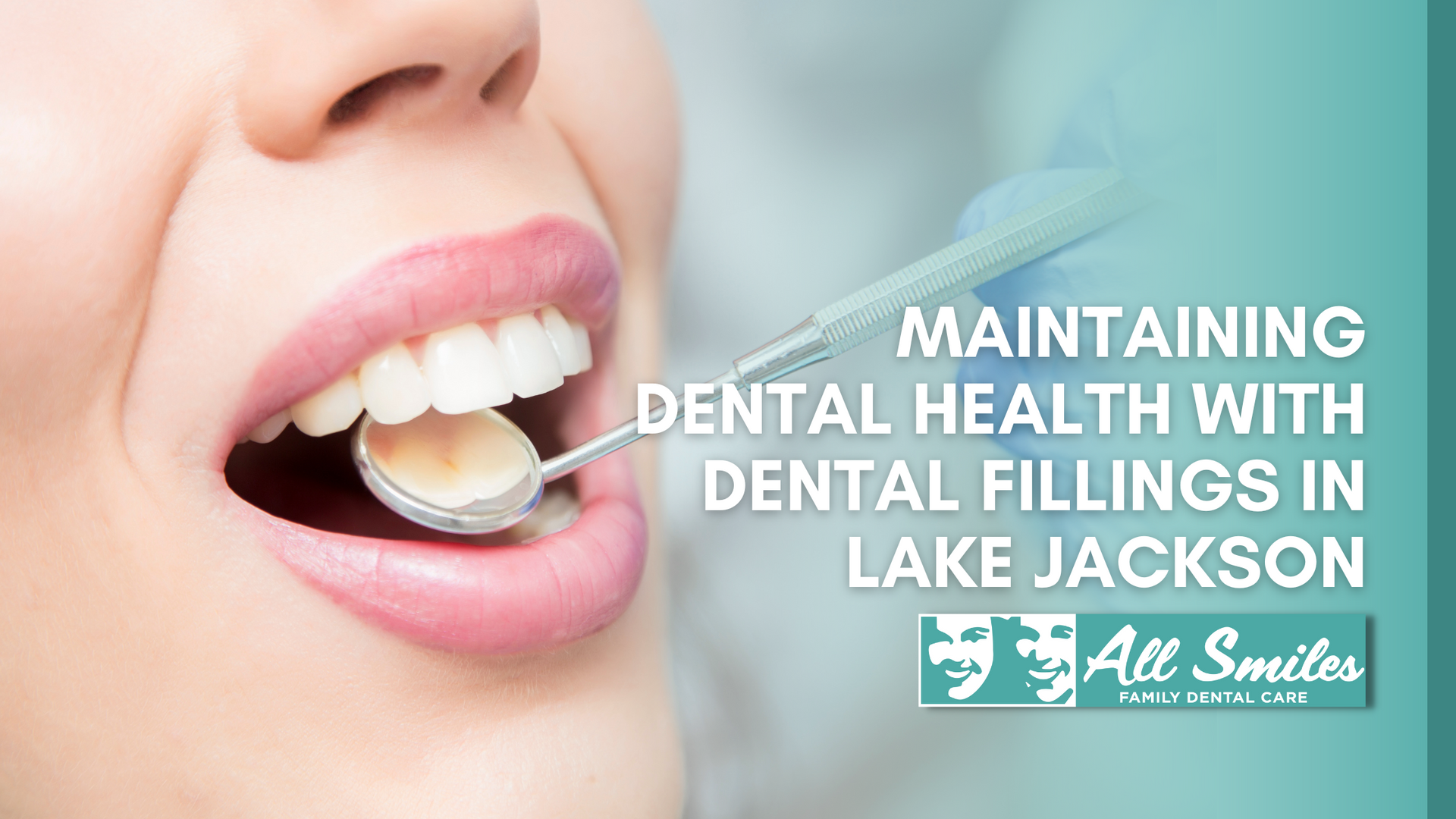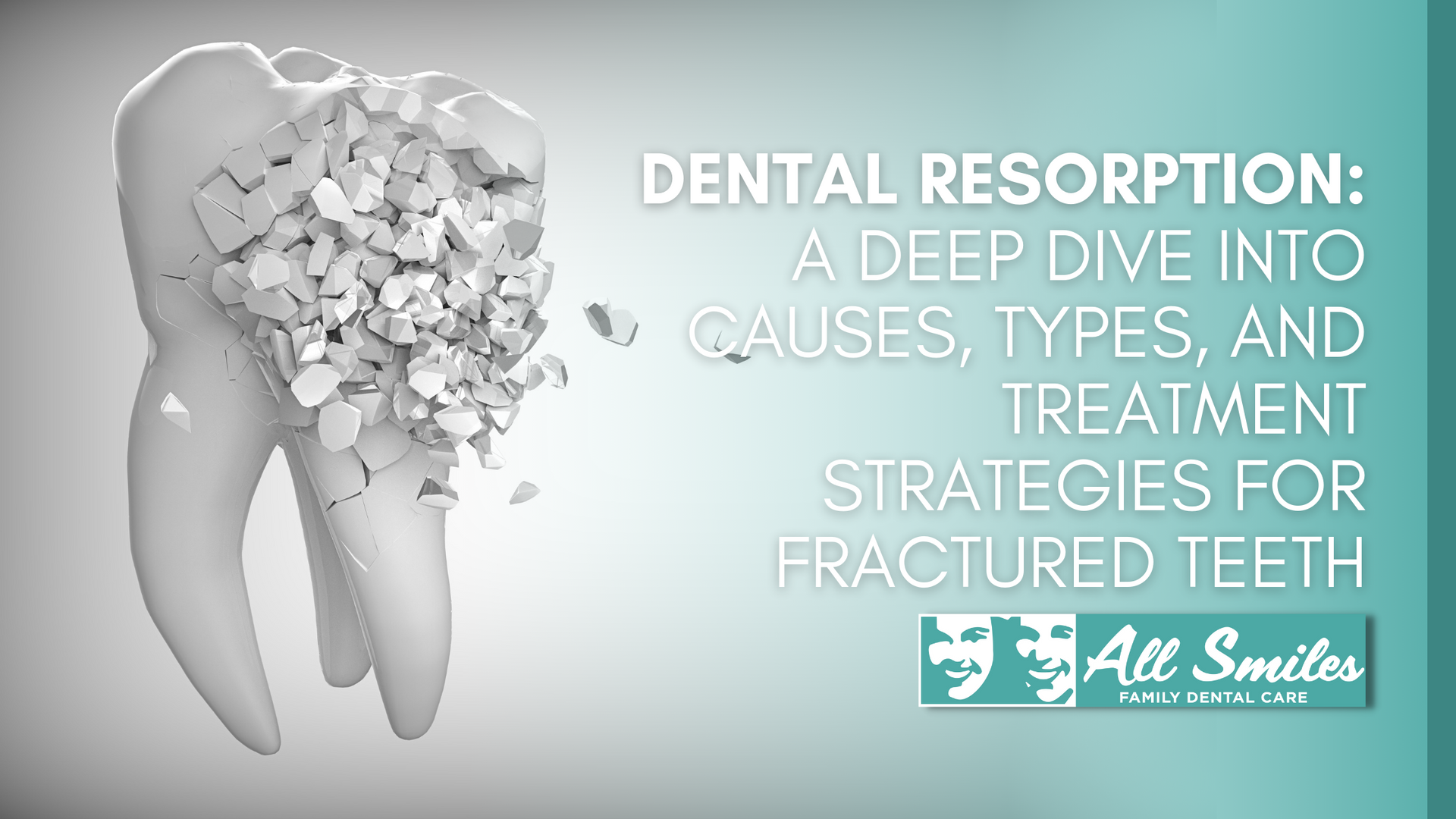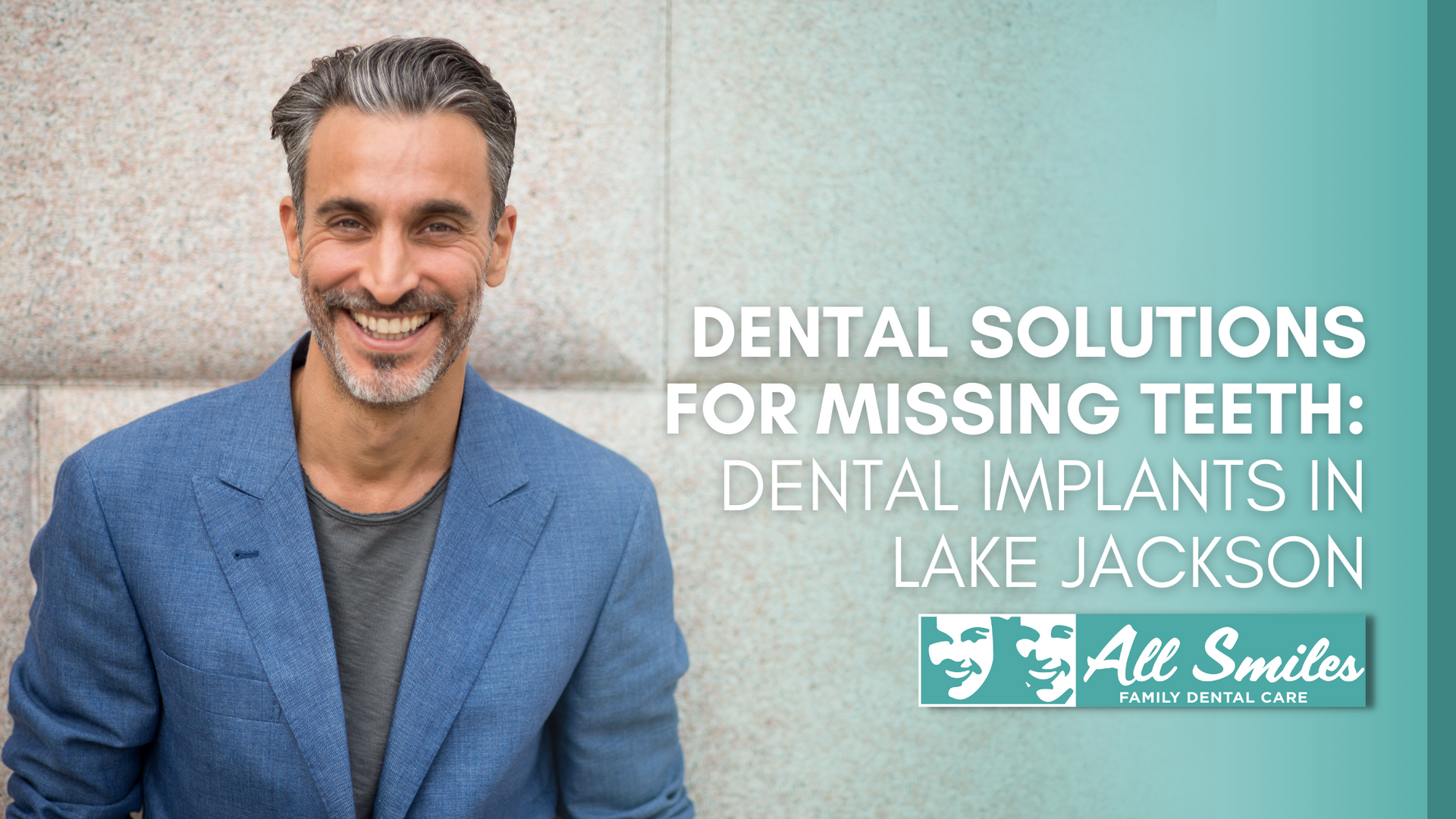Why Do My Teeth Hurt?
Dental issues can cause a type of pain that is hard to ignore. When tooth pain arises, it can sometimes be challenging to determine the source of the problem.
Why do my teeth hurt?
Sometimes discomfort can stem from long-term tooth sensitivity, while in other cases, the pain is caused by an acute issue that needs to be addressed right away. The type of discomfort can also vary widely, from a mild ache to severe throbbing pain. Since there are many potential sources of tooth sensitivity and pain, learning about some common causes can determine what steps to take next.
Injury to Tooth or Tissues
An acute injury to a tooth, such as a crack, chip, or loose tooth, is a common tooth pain source. In some cases, the damage is immediately evident and occurs after biting down on something hard or after trauma to the mouth or teeth. Prior dental work can also make a tooth more likely to chip or crack. If a tooth has had a root canal in the past and the crown becomes dislodged, the tooth underneath may easily crack and cause pain and discomfort.
Erosion of Enamel
Tooth sensitivity that comes on gradually may be caused by enamel erosion. Erosion of the enamel is a concern that progresses over time and may be subtle enough to go unnoticed for years. At first, teeth with eroded enamel may only be sensitive when drinking or eating very cold or very hot food and beverages. Over time, the teeth become chronically vulnerable and can develop pain.
Eroded enamel is typically caused by acidic conditions in the mouth, which can stem from other medical conditions such as acid reflux or eating disorders. Eating and drinking acidic foods and beverages or frequently drinking alcohol are all frequent causes of acidic conditions.
Cavities or Decay
During regularly scheduled dental cleanings, the dentist checks your teeth for cavities or signs of decay. Since early decay is often asymptomatic, dental cleanings can catch a cavity when it is still easily treatable with a dental filling.
Decay that has eroded through the enamel can also cause pain when it reaches the area of sensitive nerves in the pulp of the tooth. Patients who have not visited the dentist for a recent checkup and are experiencing tooth pain and sensitivity may have an undiagnosed cavity.
Dental Inflammation
Another common source of pain in the teeth or surrounding gums is the inflammation of a tooth’s internal tissues. When the pulp becomes inflamed, it can lead to sudden and severe pain and a condition called pulpitis.
The pain resulting from pulpitis is frequently severe enough for the patient to see care from an emergency dentist . Inflammation in the pulp of a tooth is regularly worsened by eating and drinking food or drink that is hot or cold.
Infection or Abscess
Bacteria in the mouth can become trapped within the gums, inside a tooth or in the jaw’s bones, leading to a bacterial infection or abscess. When pus builds up inside a dental abscess, it can become excruciating. In addition to pain, an abscessed tooth can also cause bad breath, swelling in the face, swollen gums, radiating pain in the ear and neck, tooth discoloration, or a loose tooth. If left untreated, in extreme cases, the bacterial infection can become more severe and spread to other tissues. When this occurs, the patient often runs a fever and develops swelling in the neck, other parts of the face.
Diseases of the Gums and Soft Tissues
Some diseases of the mouth, such as periodontal disease or gingivitis, can cause chronic tooth pain and mouth discomfort for several reasons. Gingivitis causes gum inflammation that when left untreated, can progress into more advanced gum disease over time.
Periodontal disease can lead to chronic bad breath, inflamed and bleeding gums, tooth pain during eating, and the tooth that becomes loose. Diseased gums often recede over time, exposing the sensitive parts of the tooth and roots that are usually protected under the gum line. Receding gums can also be caused by non-disease factors, such as brushing too vigorously or toothbrushing with bristles that are too hard.
Medical Conditions
Some medical conditions also affect the teeth and can cause pain and sensitivity in the mouth. Some of these conditions directly affect the condition of the teeth, while others radiate pain to the mouth and be mistaken for tooth conditions.
- Sinus infections. Pain from a sinus infection or sinusitis regularly radiates to the ear and jaw, causing teeth pain that does not actually have a tooth source. Unfortunately, tooth pain from sinus problems cannot be corrected by a dentist.
- Temporomandibular joint disorders. TMJ disorders stem from injury to the jaw or chronic grinding of the teeth. Although the pain may be radiating to the jaw from the joint, a dentist can help with the diagnosis and treatment of TMJ disorders.
- Diabetes. Some diabetic individuals are more likely to develop periodontal disease and tooth decay. Patients with diabetes should make an extra effort to make regular visits to the dentist for evaluation and cleaning.
Home Treatment For Tooth Pain
Mild cases of tooth sensitivity or pain can sometimes be managed at home using over-the-counter pain medication and home remedies, such as rinsing the mouth with saltwater.
If pain persists despite treatment, scheduling an appointment with the dentist is the next step. Pain that is sudden and severe should be addressed immediately to prevent further damage and to assess for infection.
Dentist Treatment For Tooth Pain
During the dental visit, the dentist evaluates the source of the pain and makes treatment recommendations according to the concern. If the sources are a cavity or decay, a filling or root canal may be necessary.
If the teeth are sensitive due to enamel erosion, the dentist may recommend dietary changes to reduce the amount of acid exposure to the enamel. Since most cases of periodontal disease stem from oral hygiene concerns, regular cleanings, and instruction on proper hygiene can help reduce progression. Antibiotics are typically needed for an abscess.
For tooth pain caused by medical conditions, treatment of the underlying condition is needed before the pain can be resolved. Patients who are unsure of the source of the pain should visit the dentist to determine the underlying cause since different conditions can cause similar symptoms.
Schedule an Appointment for Tooth Pain Solutions in Lake Jackson, TX
If you are experiencing tooth pain or sensitivity that has not resolved over time or develop sudden or severe pain, visiting the dentist for assessment will help you get relief. If you are in the Lake Jackson, Texas area, schedule an appointment with All Smiles Dentistry to address your dental concerns.
The team of dental professionals is ready to get to the bottom of your dental issues and help you on the road to a more pain-free existence. Contact All Smiles Dentistry today to ask any questions or set up an appointment.
Featured Image: Shutterstock/Pressmaster
The post Why Do My Teeth Hurt? first appeared on All Smiles Dentistry.


We are the local Lake Jackson dentist near you!
We keep our patients smiling
Request Your Next Dental Appointment
We look forward to seeing you soon!
Please note, we will try our best to accommodate your schedule.
Thank you so much for contacting our dental practice. While we strive to respond to all inquiries right away, we may be away from the desk helping a patient or out of the office. We will do our best to reach back to you shortly.
Please note, if this is a dental emergency, it would be best to call our practice as this is the fastest way to reach us (979) 297-1128.
Please try again later
Lake Jackson Dentist
We understand that trying to find a nearby dentist you can trust is difficult, that is why we make it easy for you to work with us.
(979) 297-1128
205 Parking Way
allsmileslj@sbcglobal.net
Helpful Links
Dental Practice Hours
- Monday
- -
- Tuesday
- -
- Wednesday
- -
- Thursday
- -
- Friday
- -
- Saturday
- Closed
- Sunday
- Closed
All Rights Reserved | All Smiles Dentistry
All Rights Reserved | All Smiles Dentistry
Dentist Website Diagnosed, Treated, and Cured by Dr. Marketing Inc

